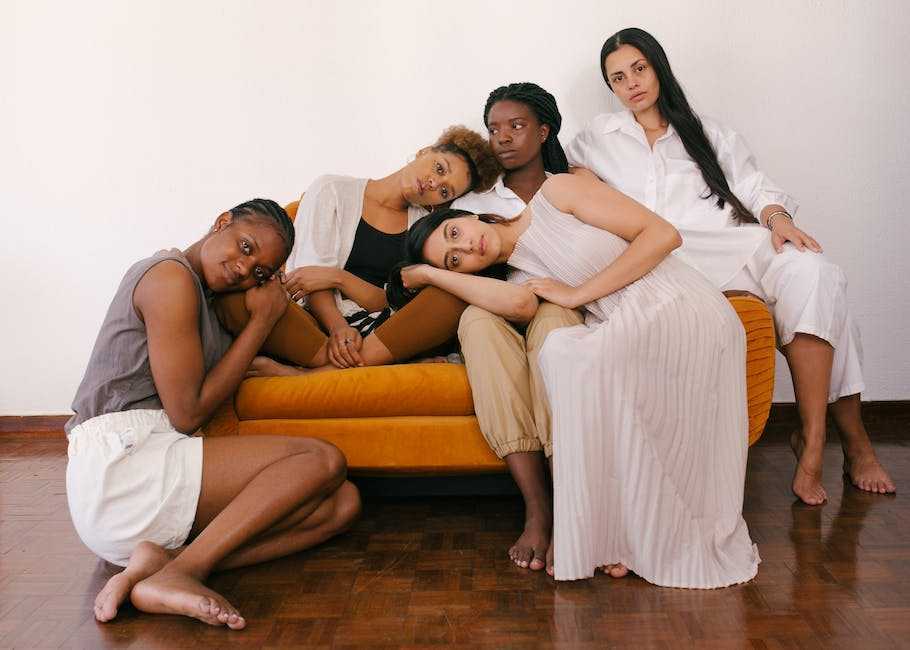
Contents
What Are Varicose Veins and How Do They Affect Vascular Health & Overall Wellbeing?
Varicose veins are not only unsightly, but can also have a huge impact on vascular health and overall wellbeing. Variose veins aren’t just a cosmetic issue – they can be painful and are the most common sign of an underlying venous condition. It is important to be aware of the causes and treatments of varicose veins to ensure you keep your health in check.
What are Varicose Veins?
Varicose veins are swollen and enlarged veins that often appear blue or purple in color. They can occur anywhere on the body but most commonly affect the legs and feet. Varicose veins are caused by weakened and damaged valves within the veins that allow blood to pool and the veins to become enlarged.
Risk Factors
A few of the top risk factors for developing varicose veins include:
- Age: As we age, our veins and valves become less effective, increasing the risk of varicose veins.
- Family History: If you have a family history of varicose veins, you may be predisposed to developing them yourself.
- Gender: Women are more likely than men to develop varicose veins.
- Networking (Sitting and Standing for long Periods): Those whose occupations require them to stand or sit for long periods of time.
- Pregnancy: Pregnant women may be at higher risk due to the added strain on their legs.
- Obesity: Those who are overweight are at higher risk of developing varicose veins as the extra weight puts increased strain on the veins.
How Do Varicose Veins Affect Vascular Health?
If left untreated, varicose veins can cause more serious health conditions. Some of these more serious health risks include:
- Leg Swelling (Edema): The pooling of blood in the veins can cause swelling in the ankles and feet.
- Hyperpigmentation and Inflammation: The area around the vein can become red, inflamed, and itchy due to the increased pressure.
- Leg Ulcers: Varicose veins can cause open sores on the skin, which take a long time to heal.
- Stasis Dermatitis: This is a skin condition caused by long term inflammation of the veins caused by venous insufficiency.
- Blood Clots: Varicose veins can increase your risk of developing a blood clot.
Seeking Treatment for Varicose Veins
If you are at risk for varicose veins or have already developed them, seeking treatment is important. Some of the most common treatments for varicose veins include compression stockings, sclerotherapy, and laser vein treatment. These treatments can help reduce the appearance of the veins and can help lessen the chance of complications.
It’s important to talk to your doctor and get the right diagnosis and treatment for varicose veins to ensure your vascular health and overall wellbeing.
